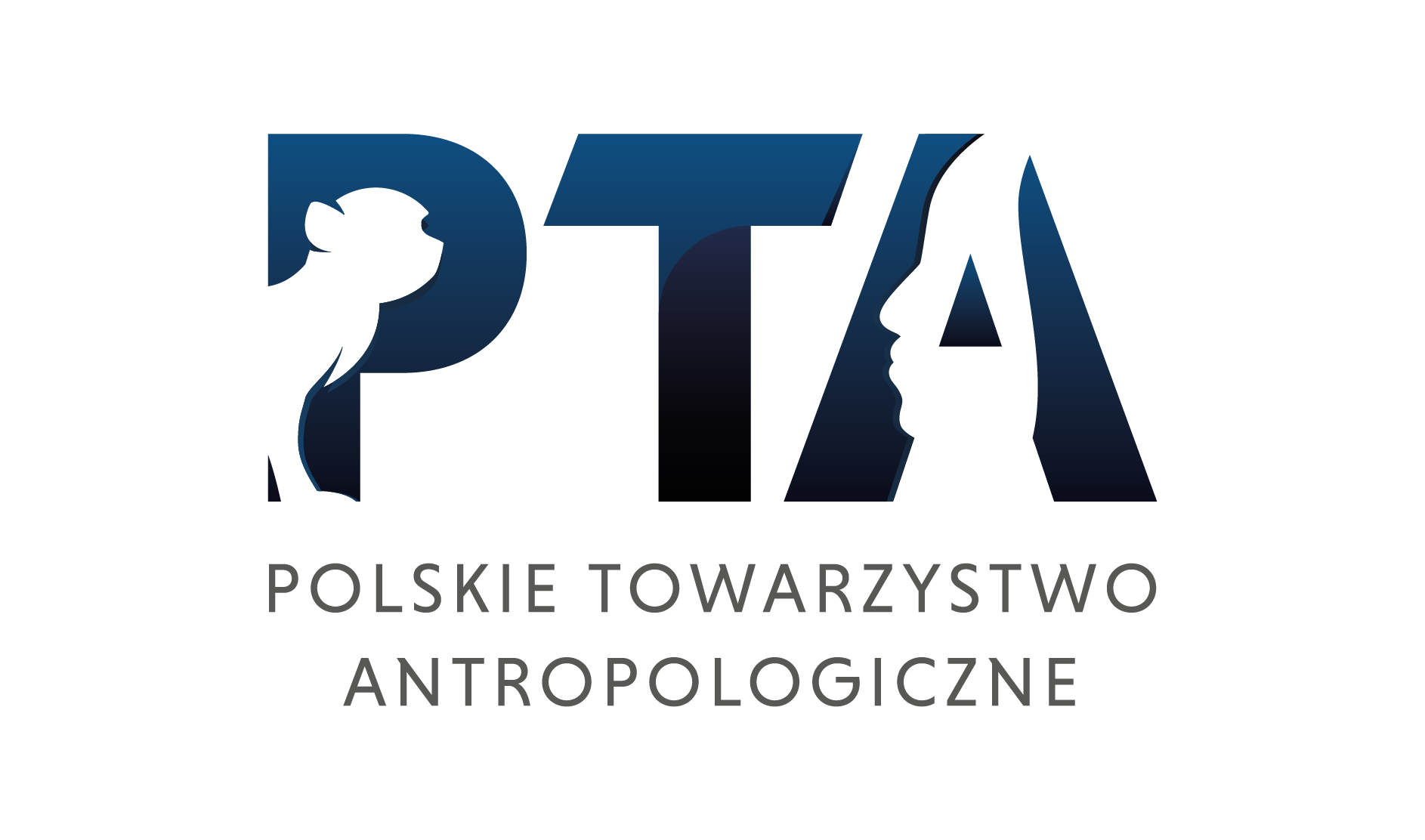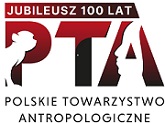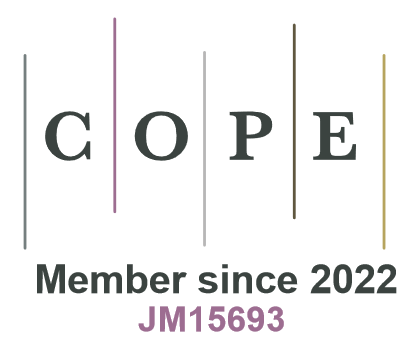A comparison of sex identification methods based on lip furrow pattern
DOI:
https://doi.org/10.2478/anre-2018-0004Keywords:
cheiloscopy, cheilogram, lip printsAbstract
The objective of the study was to specify the method with the highest probability of correct sex identification based on lip furrow pattern. Three methods were verified: Vahanwala’s method, identification based on the mid-section of lower lip print and our own method. The examined group included 242 persons aged 15- 30 years, 68.6% females and 31.4% males. Cheilograms were taken with the method proposed by Vanahwala, modified in such a way that the prints of lower and upper lips were taken separately. The lip furrow patterns were classified according to Suzuki and Tsuchihashi, modified to include horizontal furrows which were considered by Renaud. In all the quadrants patterns II, III and VI prevailed among males and patterns I, I’ and II among females. Females were more frequently diagnosed correctly than males. Our method in which all the lip print was analysed without division into quadrants was the most effective, while Vahanwala’s method was the least so.
Downloads
References
Augustine J, Barpande S, Tupkari J. 2008. Cheiloscopy as an adjunct to forensic identification: A study of 600 individuals. J Forensic Odontostomatol 27(2):44–52.
View in Google Scholar
Bindal U, Jethani S, Mehrotra N, Rohatgi R, Arora M, Sinha P. 2009. Lip prints as a method of identification in human being. J Anat Soc India 58(2):152–5.
View in Google Scholar
Gondivkar SM, Indurkar A, Degwekar S, Bhowate R. 2009. Cheiloscopy for sex determination. J Forensic Dent Sci 1(2):56–60.
View in Google Scholar
Góralski A. 1975. On comparing m independent samples with regard to proportions of individuals possessing a specific trait. Stud Phys Anthropol 1:43–50.
View in Google Scholar
Hirth L, Göttsche H, Goedde H. 1977. Lip prints—variability and genetics. J Hum Evol 6(8):709-IN5.
View in Google Scholar
Kasprzak J. 1991. Cheiloskopia Kryminalistyczna. Warszawa: Biuro Techniki Kryminalistycznej, KGP.
View in Google Scholar
Kasprzak J. 2000. Cheiloscopy. In: J Siegel, P Saukko, and G Knupfer, Encyclopedia of Forensic Sciences, vol. I. London: Academic Press. pp. 358–61.
View in Google Scholar
Kasprzak J. 2003. Nietypowe metody identyfikacji człowieka w polskiej praktyce kryminalistycznej. Prokurator. 1(13):19–30.
View in Google Scholar
Łęczyńska B. 2001. Polscy eksperci jako biegli przed norweskim sądem. Probl Kryminal 226:39–40.
View in Google Scholar
Renaud M. 1973. L’identification Chéiloscopique En Médecine Légale. Editions Médicales et Universitaires.
View in Google Scholar
Sandhu SV, Bansal H, Monga P, Bhandari R. 2012. Study of lip print pattern in a Punjabi population. J Forensic Dent Sci 4(1):24–8.
View in Google Scholar
Saraswathi T, Mishra G, Ranganathan K. 2009. Study of lip prints. J Forensic Dent Sci 1(1):28–31.
View in Google Scholar
Singh H, Chhikara P, Singroha R. 2011. Lip prints as evidence. J Punjab Acad Forensic Med Toxicol 11(1):23–5.
View in Google Scholar
Sivapathasundharam B, Prakash PA, Sivakumar G. 2000. Lip prints (cheiloscopy). Indian J Dent Res Off Publ Indian Soc Dent Res 12(4):234–37.
View in Google Scholar
Suzuki K, Tsuchihashi Y. 1970. Personal identification by means of lip prints. J Forensic Med 17(2):52–7.
View in Google Scholar
Thomas C, Van Wyk C. 1988. The palatal rugae in an identification. J. Forensic Odontostomatol. 6:21–7.
View in Google Scholar
Vahanwala S, Nayak C, Pagare S. 2005. Study of lip prints as aid for sex determination. Medico-Leg Update 5(3):93–8.
View in Google Scholar
Ziółkowska-Łajp E. 1993. Przewodnik Do Badań Bruzd Czerwieni Wargowej. Poznań: Poznań AWF.
View in Google Scholar
Downloads
Published
How to Cite
Issue
Section
License

This work is licensed under a Creative Commons Attribution-NonCommercial-NoDerivatives 4.0 International License.








